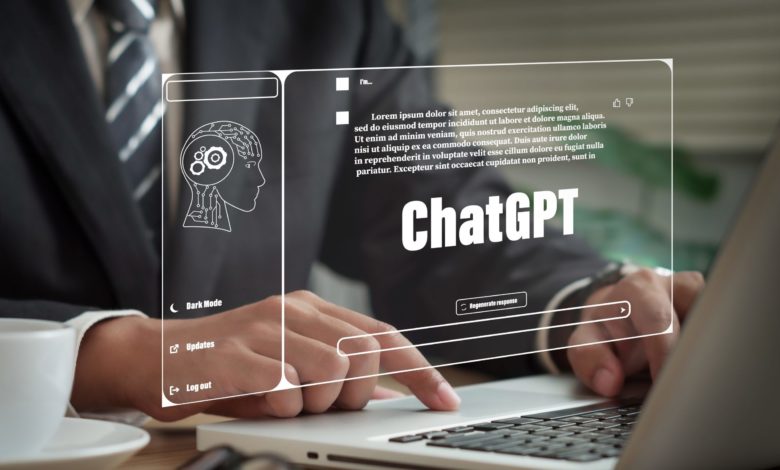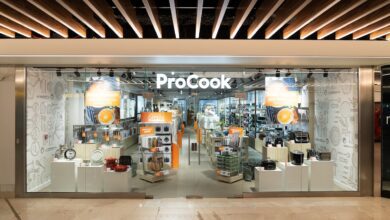
Register to get 1 free article
Reveal the article below by registering for our email newsletter.
Want unlimited access? View Plans
Already have an account? Sign in
ChatGPT is the new tool taking the world by storm. The AI language processing tool can give you recommendations for a new trip you’re going on, write cohesive essays on a number of topics, and even generate music for you.
The sophisticated chatbot interface of ChatGPT works similarly to a conversation people would have with chatbots or Siri – you ask questions to it, and based on the knowledge it has so far received, it provides you with an answer. As more and more people use it, its answers will only become smarter.
But while some are sceptical about how the AI solution will affect modern businesses and the workforce – the trending tool is still gaining momentum, and I expect most companies with a technical skill will be able to find a use for it.
But what about retail? How can AI like ChatGPT enhance the industry and improve customer experiences?
Improve the high street experience
While many associate the business benefits of ChatGPT with online activity, it can also be extended into brick and mortar stores.
Through the development of natural language processing (NLP), the tool can be taught to engage with and understand human language and interactions, to help with customer service queries, in the case of touch-screen devices or to add a human touch to self-service tools.
Draft detailed product descriptions
If a retailer feeds ChatGPT with basic product information, it can generate a fairly complete product sheet and product description in seconds. And depending on the medium you want the description on – whether it be social media, web or on the app, you can ask it to differentiate the description by asking for five alternatives for each different channel.
Support creatives with advertising
Good advertising is often the brainchild of many different creative minds – and that doesn’t need to change. However ChatGPT unlocks so many more opportunities and possibilities for advertising – with Ryan Reynolds recently using it to write a mobile advertising campaign for Mint mobile.
Programmatic advertising has been utilising AI to write copy and marketing messages for several years already, so this concept is not new. However ChatGPT can be a tool that brands and advertising agencies experiment with for brainstorms for campaigns, but also for help with social media captions.
Your blog copy partner
While I can’t see businesses replacing copywriters with ChatGPT, the tool can be handy in that it gives you outlines for blog posts – with a couple of clicks you can generate unique blog posts of 600, 800 and even 1,000 words. The points it makes may be good, but then an experienced copywriter can refine it and make sure that your copy matches your brand messaging and tone of voice.
We’re just at the beginning of the ChatGPT trend. More people will use the solution, and as they do, it will become smarter and the quality of it will improve. As with any popular service, there are likely to be newer versions of ChatGPT and similar technology coming out in the next few years. In retail and eCommerce, it’s going to be interesting to see how the industry balances the AI tool and its workforce to ensure that each customer wants to keep interacting with your brand.







